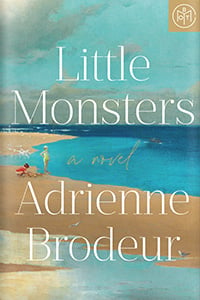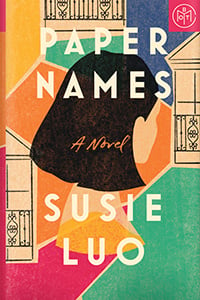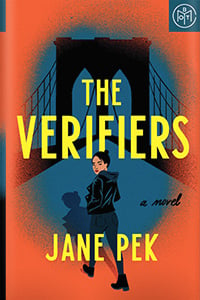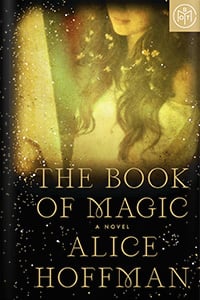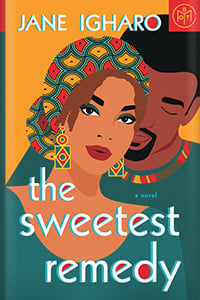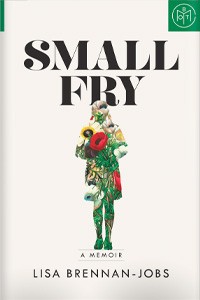

Contemporary fiction
Sankofa
by Chibundu Onuzo
Quick take
A lyrical story of a woman seeking answers abroad and finding the unexpected: her father, who might just be a dictator.
Good to know
Social issues
Family drama
International
Marriage issues
Synopsis
Masterful in its examination of freedom, prejudice, and personal and public inheritance, Sankofa is a story for anyone who has ever gone looking for a clear identity or home, and found something more complex in its place.
Anna is at a stage of her life when she's beginning to wonder who she really is. She has separated from her husband, her daughter is all grown up, and her mother—the only parent who raised her—is dead.
Searching through her mother's belongings one day, Anna finds clues about the African father she never knew. His student diaries chronicle his involvement in radical politics in 1970s London. Anna discovers that he eventually became the president—some would say dictator—of a small nation in West Africa. And he is still alive...
When Anna decides to track her father down, a journey begins that is disarmingly moving, funny, and fascinating. Like the metaphorical bird that gives the novel its name, Sankofa expresses the importance of reaching back to knowledge gained in the past and bringing it into the present to address universal questions of race and belonging, the overseas experience for the African diaspora, and the search for a family's hidden roots.
Free sample
Get an early look from the first pages of Sankofa.
Why I love it
Jerrod MacFarlane
BOTM Editorial Team
The symbol of Sankofa comes to us by way of the Akan people of Ghana. Typically represented by a bird with its head turned backwards— it is a reminder to remain connected to our past to nourish and propel us in the present. It is an altogether fitting namesake for a book as brimming with vim and wisdom as this one.
Sankofa introduces us to its protagonist during a moment of agonizing uncertainty. Anna is feeling adrift and unmoored; her daughter is fully grown and she has recently separated from her husband. As she tries to make sense of how she has arrived at this uneasy juncture, Anna begins to rifle through old family effects, hoping for some answers buried in her past. She soon stumbles upon the diaries of the father she never knew and after following the rabbit hole she has dug for herself finds to her surprise that he is alive . . . and potentially the exiled dictator of a small West African nation. This sends her on a continent spanning journey, but the greatest revelations come from the interior. As Anna uncovers hidden parts of her family history, she begins to piece together a deeper understanding of identity, family, and the meaning of diaspora.
This is a special book that deploys every tool at its disposal to explore the big questions and put its characters (especially its lead) through the wringer. Anna is a fully realized character with all of the flaws, contradictions, and above all charms that that implies. And through her journey of discovery, I would contend, the curious reader may just come away with their own new sense of self-knowledge and a greater awareness of the powerful grip the past can hold on the present.








































